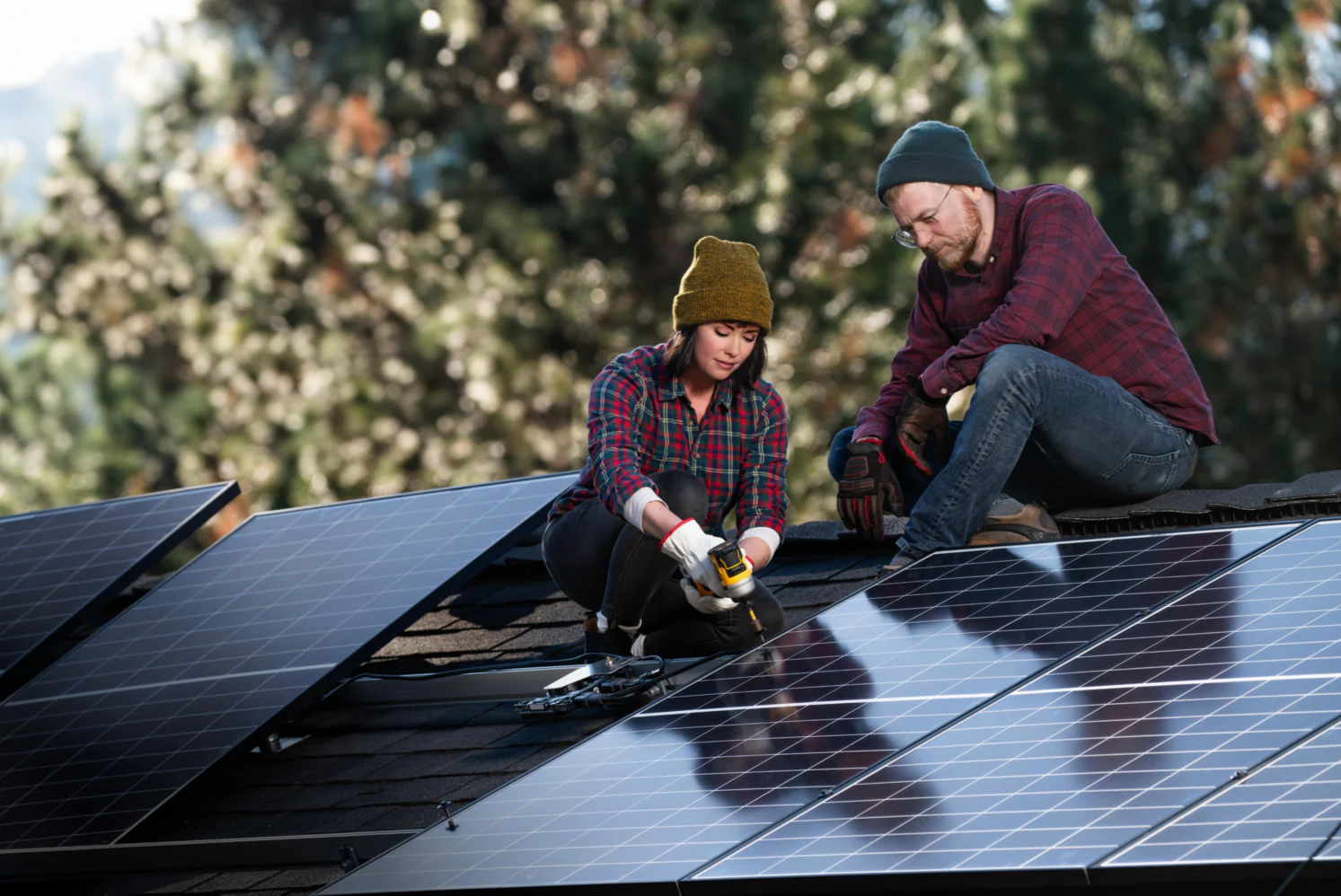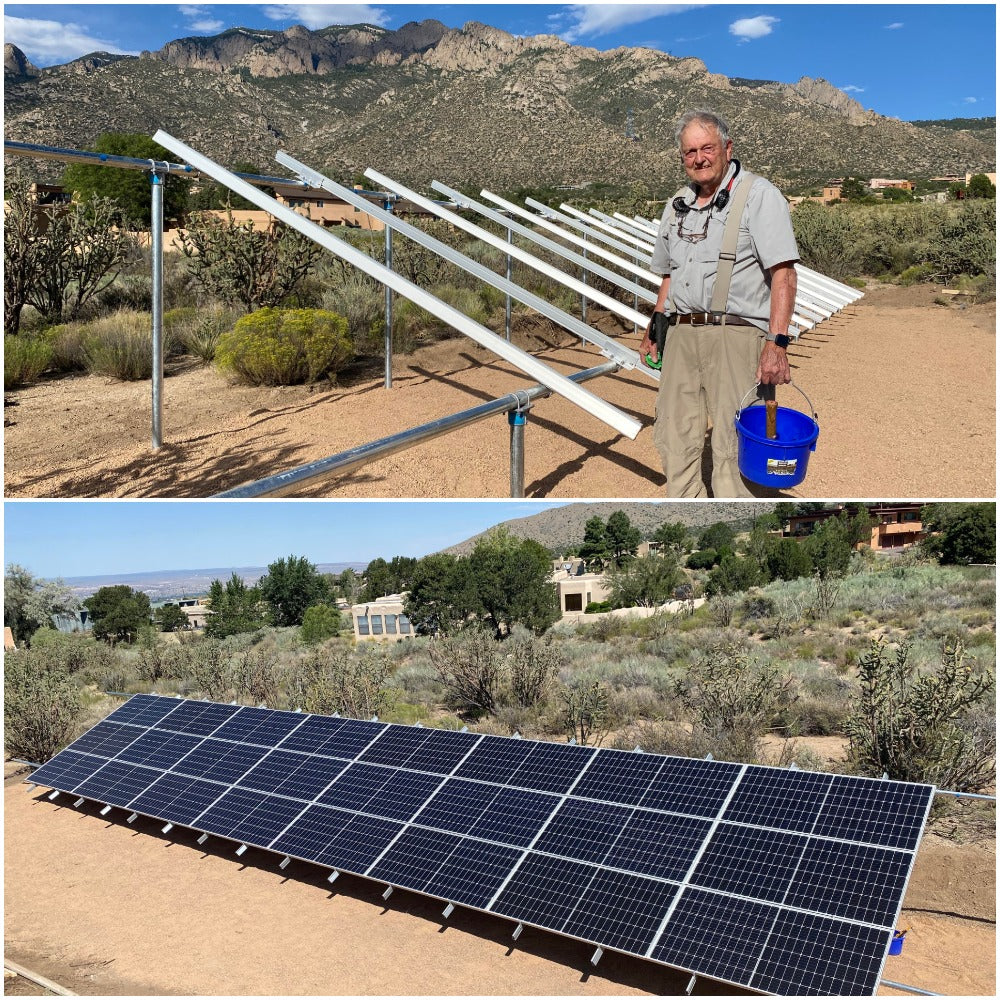
Build energy independence with solar and battery storage systems
altE is the #1 online source for solar and battery storage systems, parts and education.
or call 877-878-4060
Shop Solar and Battery Storage

Tired of power costs and shortages?
Lower your carbon footprint with grid-tie and off grid systems designed to perfectly suit your needs.
Not sure what you need? Contact us to get a quote.
"Fantastic experiences working with altE."
“They are extremely responsive to inquiries and really helped me to
understand what was needed to get a solar system working. They built out the quote, made sure I knew what every item on the quote was for as well as explaining how it all works together and why the pieces are needed. This level of customer care is almost UNHEARD of these days!”
— Jaymes Wiles

Get Started with Solar
- Fill Out the Energy Questionnaire
Fill out the questionnaire to see your current energy consumption and determine what kind of system you need. - Get a Quote
We’ll contact you with our recommendations for your package, plus a quote to estimate the investment. - Install with Help
Our tech support team will be available to schedule a call and answer any questions.

ABOUT altE
We’re making solar and battery storage do-able
We know how confusing it can be to set up a solar and battery storage system and find all the right parts. That's why we offer options tailored to your needs. Whether you want to request a quote for a complete solar and battery storage kit or prefer to purchase individual components and figure it out yourself, we've got you covered.
With years of hands-on experience in the industry, we've been helping the world power up with sunshine since 1999.






